In summer, especially in the heat, you should be more careful about your diet. High temperatures combined with the consumption of certain foods can put a great strain on the body and lead to a deterioration of health.
In hot weather, the body works harder to maintain a normal body temperature. Some foods dramatically increase this energy expenditure through digestion.

gastroenterologist, nutritionist
“On hot summer days, the body is under increased stress as it works harder to cool the body. Therefore, it is important to adapt your diet so as to facilitate this work and avoid discomfort.”
-
What foods should be avoided in the heat?
-
What foods are recommended to eat in the heat?
What foods should be avoided in the heat?
Fatty foods
Digesting fatty foods requires more energy, which leads to an increase in internal body temperature. Moreover, such foods can increase the load on the heart, especially when the body is already working hard to stabilize the temperature.
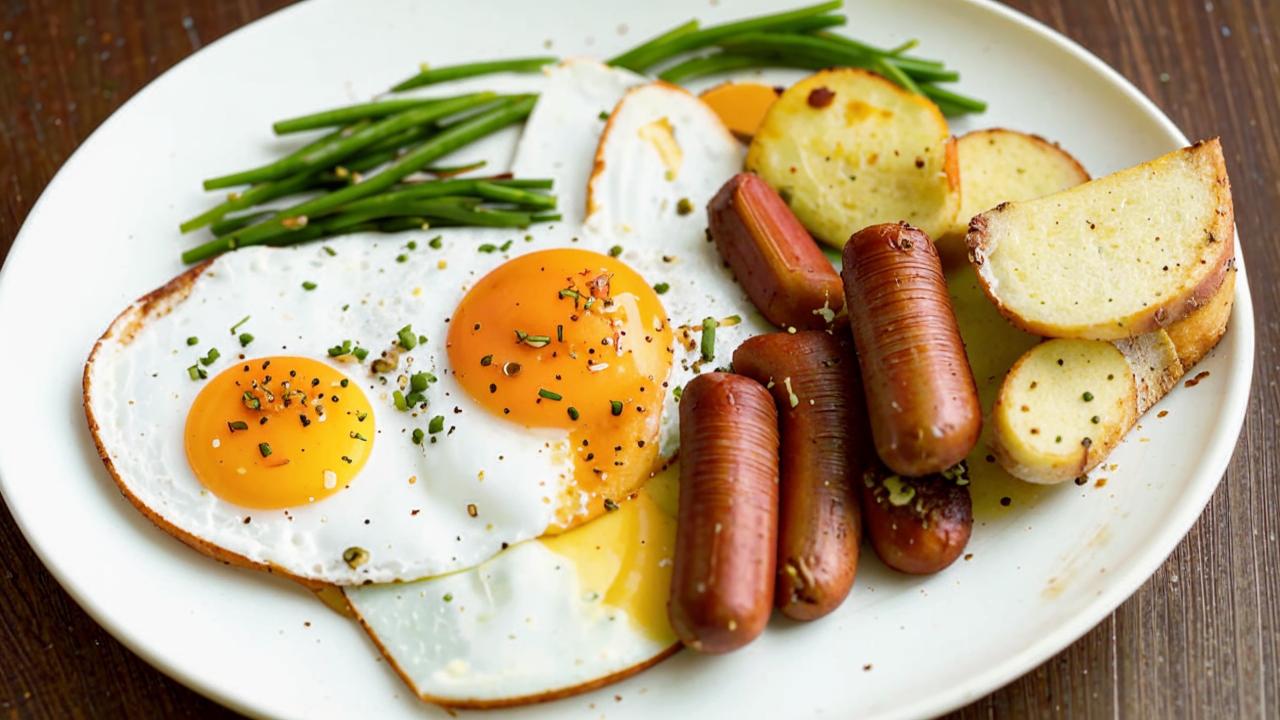
Spicy foods
Although some cultures believe that spicy foods help cool you down because they stimulate sweating, they can cause discomfort and gastrointestinal distress in some people.
Sweating helps lower body temperature, but in extreme heat, it can lead to dehydration.
In addition, spicy spices containing capsaicin increase the thermogenesis process, which provokes an increase in body temperature.
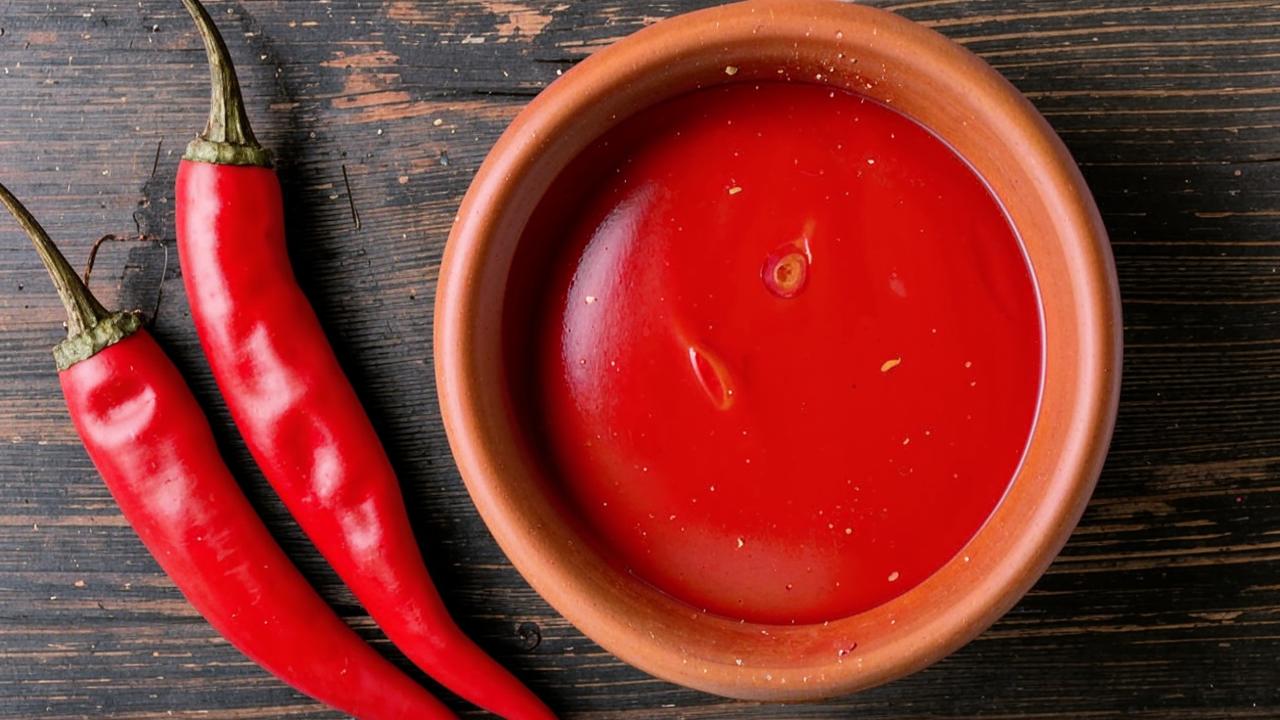
Alcohol
Alcohol dehydrates the body. Hot, humid summer days already lead to fluid loss through sweat, and drinking alcohol stimulates fluid loss through frequent urination. All of this combined can lead to heat stroke.
Foods high in salt
Salty snacks and foods high in sodium cause fluid retention and increase the body’s need for water. This, combined with fluid loss through sweat, can cause dehydration.
Moreover, salty foods in the heat contribute to the formation of edema.
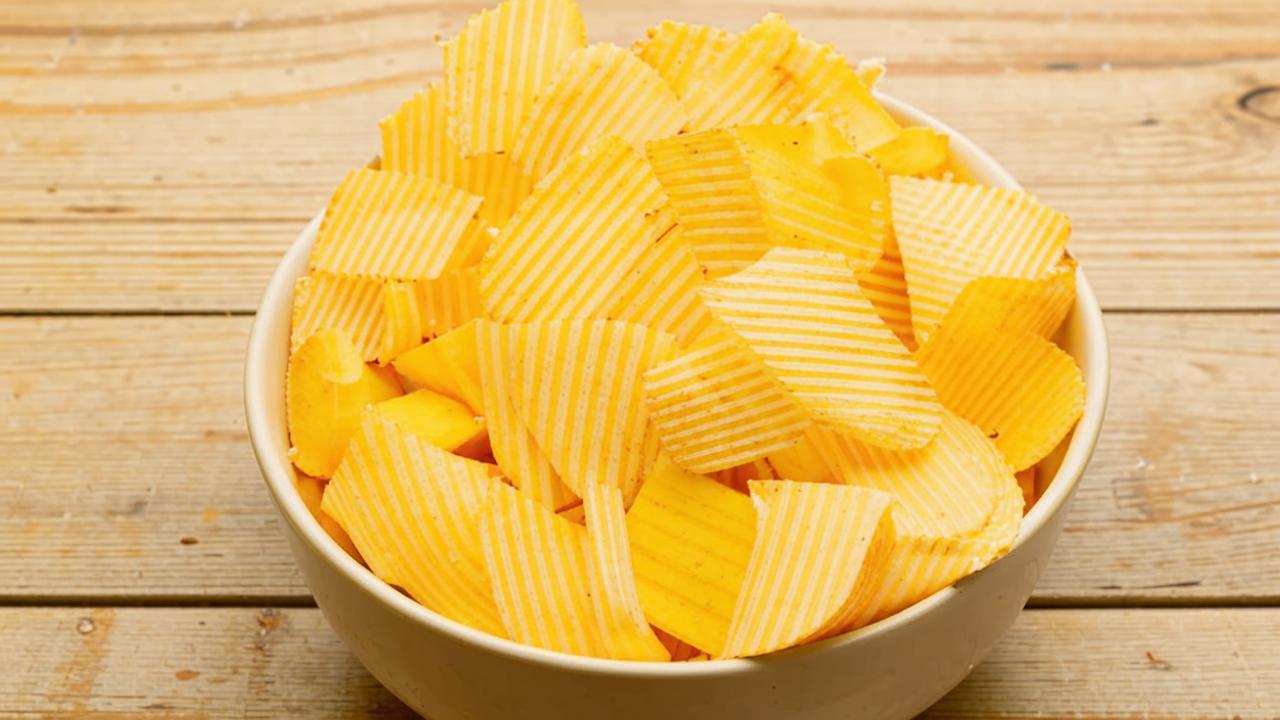
Protein-rich foods
On hot days, it is hard for the body to digest proteins – it takes a lot of energy, which increases the internal temperature of the human body. Therefore, it is better to avoid meat, especially red meat, and other protein products.
Fast carbohydrates
Products containing fast carbohydrates can cause dehydration and a sharp rise in blood sugar levels, which can lead to a sudden feeling of fatigue and discomfort. During high temperatures, it is advisable to avoid foods such as white bread, sweets and fast food.
It is worth remembering that some foods, such as baked goods with protein cream, spoil quickly. This increases the likelihood of food poisoning.
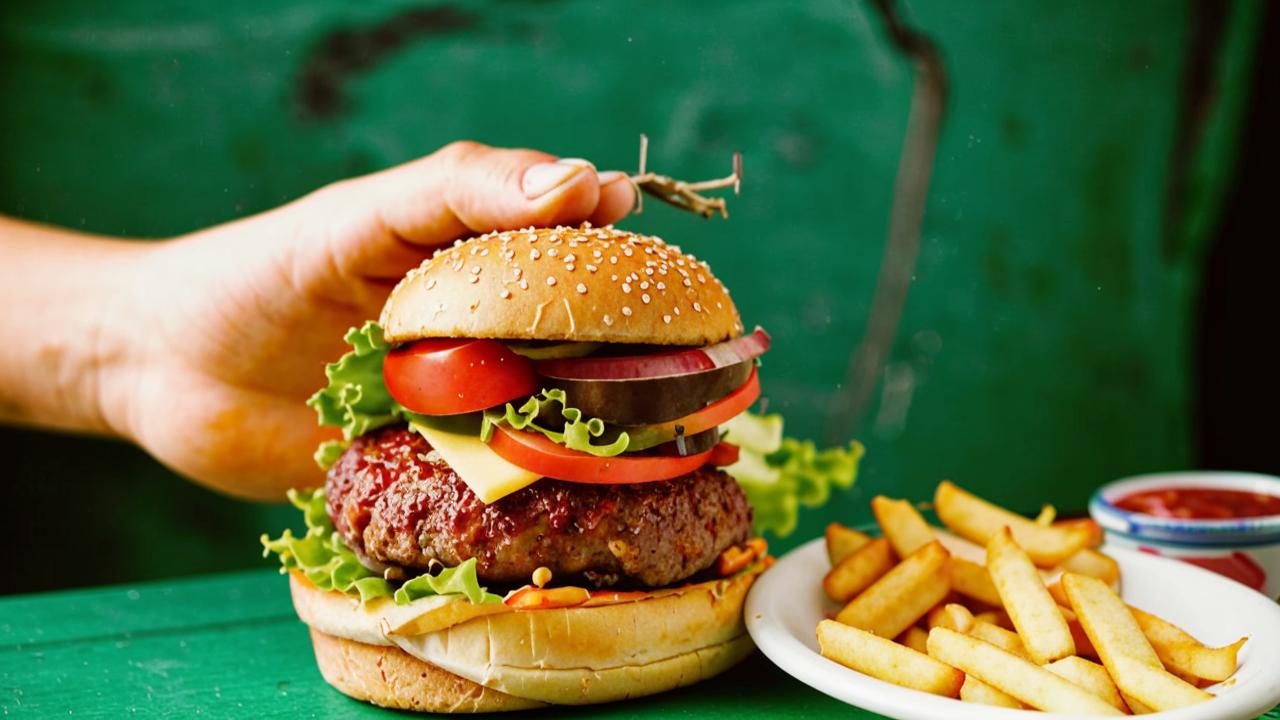
Coffee and other caffeine-containing drinks
Like alcohol, caffeine has a diuretic effect and contributes to dehydration, which can be devastating in extreme heat. Consumption of such beverages also contributes to an increase in body temperature.
Foods with mayonnaise, salads with dressing
Due to their high fat and calorie content, such foods are difficult to digest. Their consumption puts a strain on the body, increases internal body temperature and causes abdominal discomfort.
In addition, foods with mayonnaise, salads with dressing spoil quickly. As a consequence, the risk of food poisoning increases.
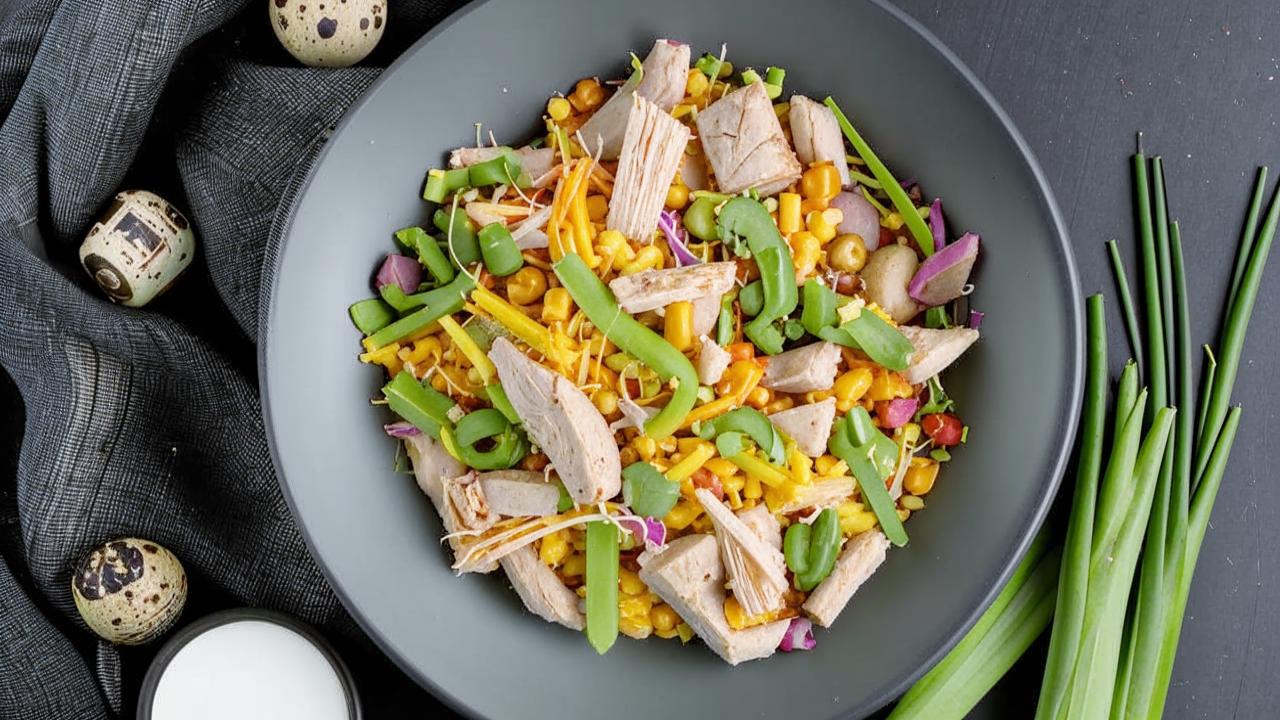
Other perishable foods
You need to be extremely careful with perishable products. These include: seafood, dairy products, convenience foods, raw meat, fruits, especially sliced fruits.
They spoil quickly in hot weather, and in combination with high humidity, various microorganisms and mold multiply on them. Consumption of such products can cause food poisoning.
What foods are recommended to eat in the heat?
In conditions of high temperatures, it is important to maintain water-electrolyte balance and provide the body with easily digestible energy.
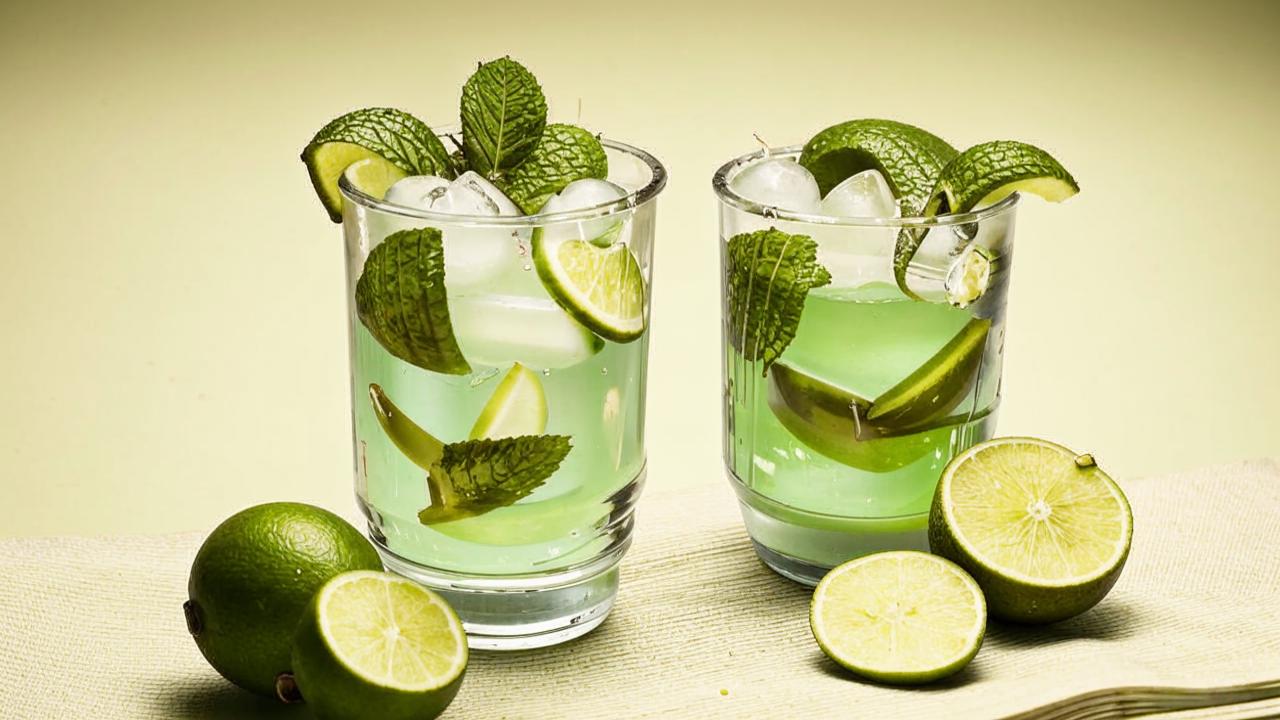
It is recommended to include the following foods in the diet in the heat:
1. Water and other beverages. For example, herbal and green teas, non-carbonated mineral water. Recall, alcohol and caffeine in your diet in the heat should not be in your diet, as they have a diuretic effect.
2. light soups and broths. Cold soups, such as okroshka or gazpacho, are good for quenching thirst.
3. Fruits and vegetables with a high water content. These include watermelon, melon, cucumbers, tomatoes, strawberries, and peaches.
4. Light proteins. Chicken breast, fish, legumes are easier to digest than fatty meats.
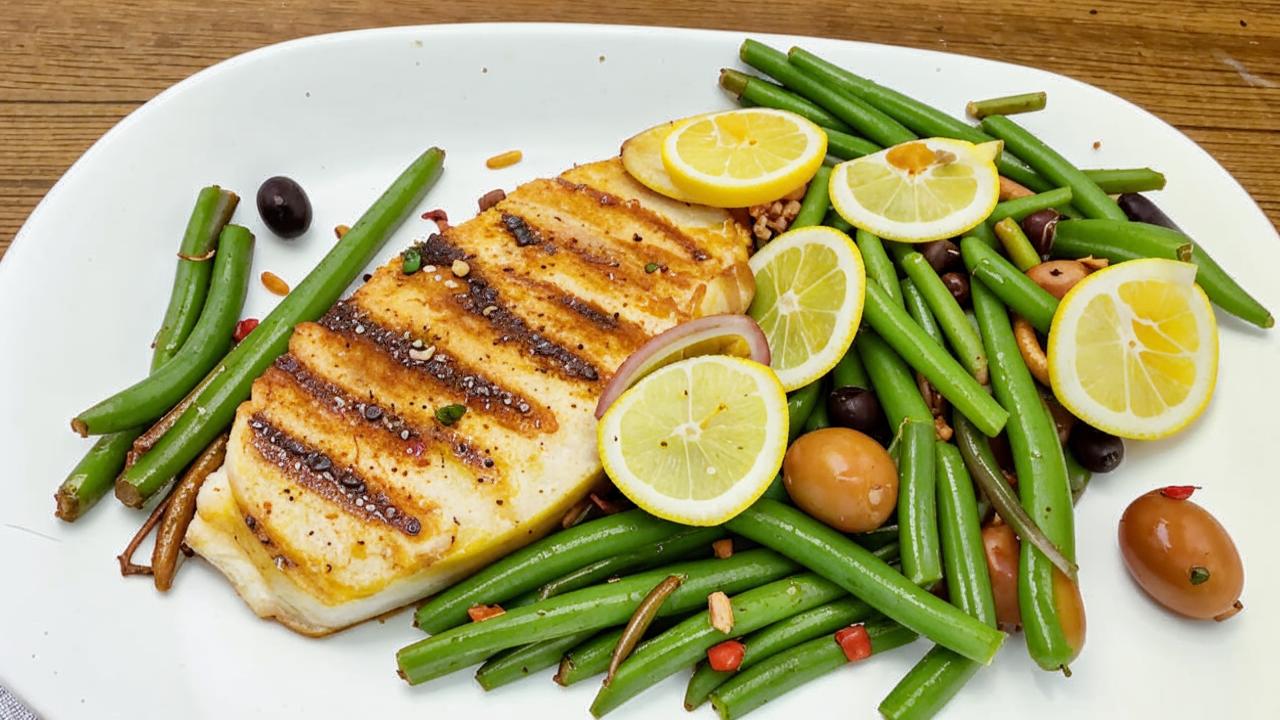
5. Foods rich in potassium. Bananas, oranges, potatoes and sweet potatoes help restore electrolyte balance.
6. Whole-grain foods. Porridge, whole grain bread provide the body with complex carbohydrates and B vitamins.
7. Yogurt and kefir. They contain probiotics that support gut health, which is especially important when changing your diet in the heat.
8. Nuts and seeds. These are a good source of energy and healthy fats, but should be eaten in moderation when temperatures are high because they are hard to digest.





